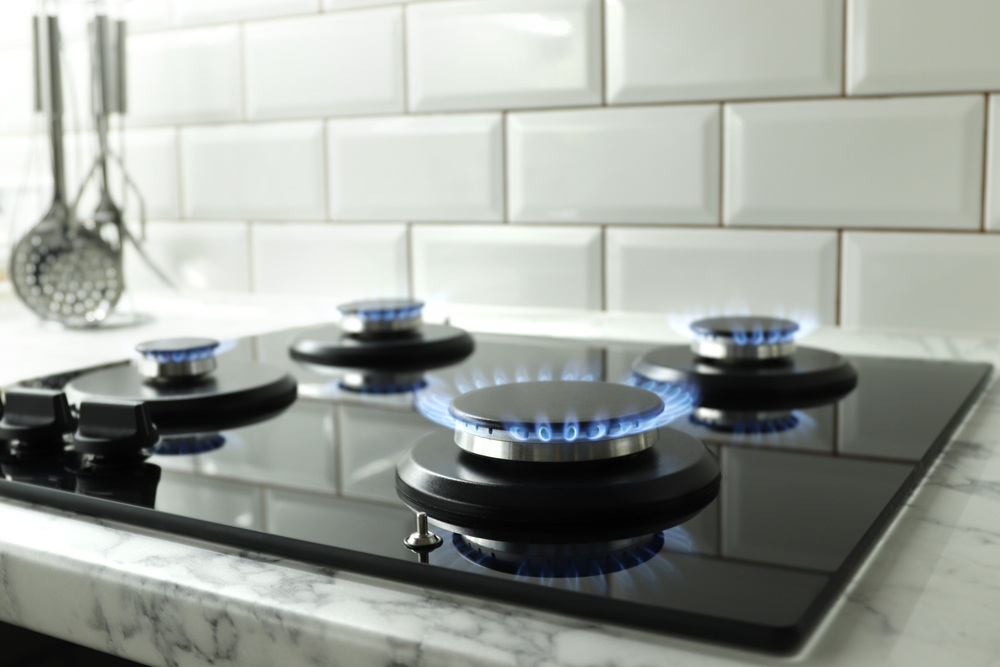Looking for a nice stove at a cheap price? These stoves are waiting to be purchased at a low price! Upgrade your stove today at an affordable price.
Efficiency and Innovation in Modern Stoves
In the realm of household appliances, stoves stand as an indispensable tool for cooking and culinary adventures. Over the years, stoves have evolved significantly, becoming more efficient and innovative than ever before. This article delves into the world of modern stoves, highlighting their key features, energy efficiency, and the benefits they offer to today’s homeowners.
Electric vs. Gas: A Battle of Energy Efficiency
One of the most fundamental distinctions in stoves is the choice between electric and gas. The energy efficiency of each type has been a subject of debate among homeowners. Electric stoves, powered by electricity, have gained popularity due to their precision in temperature control. They are considered highly energy-efficient as they directly convert electricity into heat, minimizing energy wastage. However, the overall energy efficiency depends on the source of electricity, with renewable sources yielding better results in terms of sustainability.
Gas stoves, on the other hand, have their unique advantages. They are often preferred by chefs and cooking enthusiasts for their immediate heat production and precise temperature adjustment. While they may not be as energy-efficient as electric stoves in some cases, advancements in technology have led to more efficient gas burners and improved insulation to minimize heat loss.
Induction Stoves: The Epitome of Energy Efficiency
In the pursuit of energy-efficient cooking, induction stoves have emerged as a groundbreaking innovation. These stoves utilize electromagnetic fields to directly heat the cookware, bypassing the need for a heating element. As a result, induction stoves are exceptionally efficient, wasting minimal energy and reducing cooking times.
One of the standout features of induction stoves is their rapid response to temperature changes. They heat up quickly and cool down immediately when turned off, reducing the risk of overcooking or burning food. Additionally, their flat, smooth surface is easy to clean, making them a practical choice for busy households.
Smart Stoves: Merging Technology and Efficiency
In today’s digital age, the concept of smart appliances is gaining momentum, and stoves are no exception. Smart stoves integrate technology to enhance energy efficiency and cooking precision. These stoves often come equipped with features like Wi-Fi connectivity, touch-screen controls, and smartphone apps that allow users to monitor and control their cooking remotely.
One of the key energy-saving benefits of smart stoves is their ability to optimize cooking times and temperatures. Some models use sensors to detect the size and type of cookware being used, adjusting the heat accordingly to minimize energy wastage. They can also provide recipe suggestions and cooking tips, helping users make more efficient use of their stoves.
Energy Efficiency Ratings: A Guide for Buyers
When searching for an energy-efficient stove, it’s essential to pay attention to energy efficiency ratings. These ratings provide valuable information about a stove’s energy consumption and overall efficiency. In the United States, the Energy Star program is a reliable source for such ratings. Stoves that earn the Energy Star certification meet strict energy efficiency guidelines and are designed to save both energy and money.
To assess a stove’s energy efficiency, look for its Energy Factor (EF) rating, which measures how efficiently the appliance converts energy into usable heat. Higher EF ratings indicate greater efficiency. Additionally, the Annual Fuel Utilization Efficiency (AFUE) rating is relevant for gas stoves, with higher AFUE values indicating better energy efficiency.
Environmental Impact and Sustainability
Energy efficiency in stoves not only benefits homeowners but also has a broader environmental impact. By reducing energy consumption, these stoves contribute to lower greenhouse gas emissions and a smaller carbon footprint. Opting for energy-efficient stoves aligns with sustainable living practices and promotes environmental conservation.
Furthermore, energy-efficient stoves can lead to cost savings in the long run. Homeowners can expect reduced energy bills, making them not only environmentally conscious but also economically prudent choices.
The Future of Stoves: Pushing the Efficiency Envelope
As technology continues to advance and environmental awareness grows, the future of stoves appears promising. Innovations in materials, insulation, and heating elements are expected to result in even more energy-efficient stoves. Additionally, integration with renewable energy sources such as solar power is becoming more accessible, further reducing the environmental impact of cooking.
Conclusion
In conclusion, modern stoves have come a long way in terms of energy efficiency and innovation. Electric, gas, and induction stoves each offer unique advantages, and smart stoves take efficiency to the next level with technology integration. Energy efficiency ratings and environmental considerations are crucial when selecting a stove, as they not only benefit homeowners but also contribute to a sustainable future. The ongoing evolution of stoves promises even greater efficiency, making them an essential and environmentally responsible addition to any kitchen.



